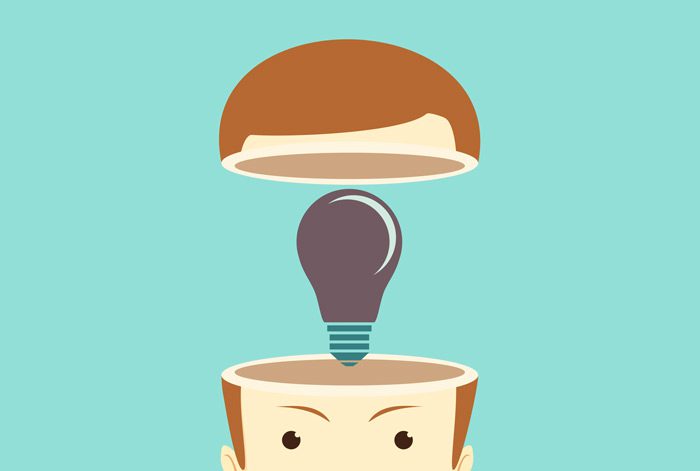By Sandy Baker
If you have experienced a loss of memory that coincided with drinking alcohol, you have probably experienced a blackout or brownout. Blackouts and brownouts are temporary losses of memory that can occur as a result of excessive alcohol consumption. Why does this happen, and what does it mean?
Difference Between Blackouts & Brownouts
When an alcohol-induced blackout occurs, you lose your memory of a specific period of time. After you’ve recovered from intoxication, clues about what occurred don’t seem to help. No matter what you do, you cannot remember anything that occurred during the blackout.
An alcohol-induced brownout involves the loss of bits and pieces of your memory. You remember some of the moments during that period of time, but not everything. Sometimes, you may remember things that occurred but not in the right order. Clues may help you with some of those memories, but you still have some periods that remain completely blank. Brownouts are medically called fragmentary blackouts.
Blacking out is not the same as passing out. Passing out, which is medically referred to as syncope, is a temporary loss of consciousness. During this time, a person has no outward signs of communication and does not move voluntarily. A person who blacks out is fully awake and functioning during that time. You may seem very coherent to others.
Why Does a Blackout Like This Happen?
A blackout, which is medically known as anterograde amnesia, is very common. During blackouts, the part of your brain responsible for the creation of memories stops working. This area, known as the hippocampus, is affected by the alcohol and sometimes other drugs you’re taking. Once it stops working properly, the hippocampus stops recording those activities as memories. This happens because alcohol alters the function of the receptors in the brain. Brain cells cannot communicate properly, leading to a loss of ability to remember.
When Do They Happen?
Blackouts can happen at any time for those who are drinking alcohol. They can occur from alcohol use alone. They can also happen when taking medications with alcohol, including benzodiazepines like Ambien, or when drinking and using marijuana.
The National Institute on Alcohol Abuse and Alcoholism notes that blackouts tend to occur at a higher rate when a person drinks a large amount of alcohol in a short period of time. The faster the alcohol enters the bloodstream, the more likely a blackout is to occur. For example, if you are drinking without eating anything first, you’re at a higher risk of a blackout occurring.
The most common factor impacting when blackouts will occur is blood alcohol concentration (BAC). They tend to begin when a person reaches a BAC of 0.16 percent or higher. That’s about twice the legal limit to drive. A person with a BAC this high often exhibits other signs of intoxication, such as impaired cognitive function, judgment, and attention. They cannot make good decisions.
Also, note that blackouts are more likely to occur in people who binge drink. A person who binge drinks often consumes more than 4 drinks as a woman or 5 drinks or more for men within the span of 2 hours. This increases the risk of blackouts occurring.
What Are Some Signs of Blackouts?
How do you know if you’re missing time like this? It’s not always easy to recognize that a blackout has occurred. Remember, you do not lose consciousness in a blackout. Over time, as the alcohol leaves your system, your brain receptors begin to function properly again.
The following are some signs that may indicate you’ve suffered a blackout:
- Dizziness
- Headaches
- Vision changes
- Trouble speaking
The most likely way to know that you’ve suffered a blackout is by talking to others about that time period. Your friend may make comments about what you did or how you interacted with each other that you have no memory of. You may even see a video of yourself, if they took one, engaging in activities that you do not remember occurring.
Do Blackouts Mean You Have an Addiction?
If blackouts occur often, they can impact your life in many ways. While a blackout is not a sign of addiction, it could mean that you need help, especially if they have occurred more than once. If you are unable to stop drinking or control how much you drink during a period of time, that could be an indication of dependence, requiring treatment. Do you have other signs of addiction?
- Feeling cravings when you stop drinking
- Needing to drink all of the time, even at work or school
- Drinking more than you used to
- Having frequent emergency room visits
- Being unable to meet your responsibilities
If this is occurring, reach out to The Ranch at Dove Tree in Lubbock, TX, to learn more about the treatment options we can offer to you. You don’t want blackouts to continue to happen, and treatment can help you.








